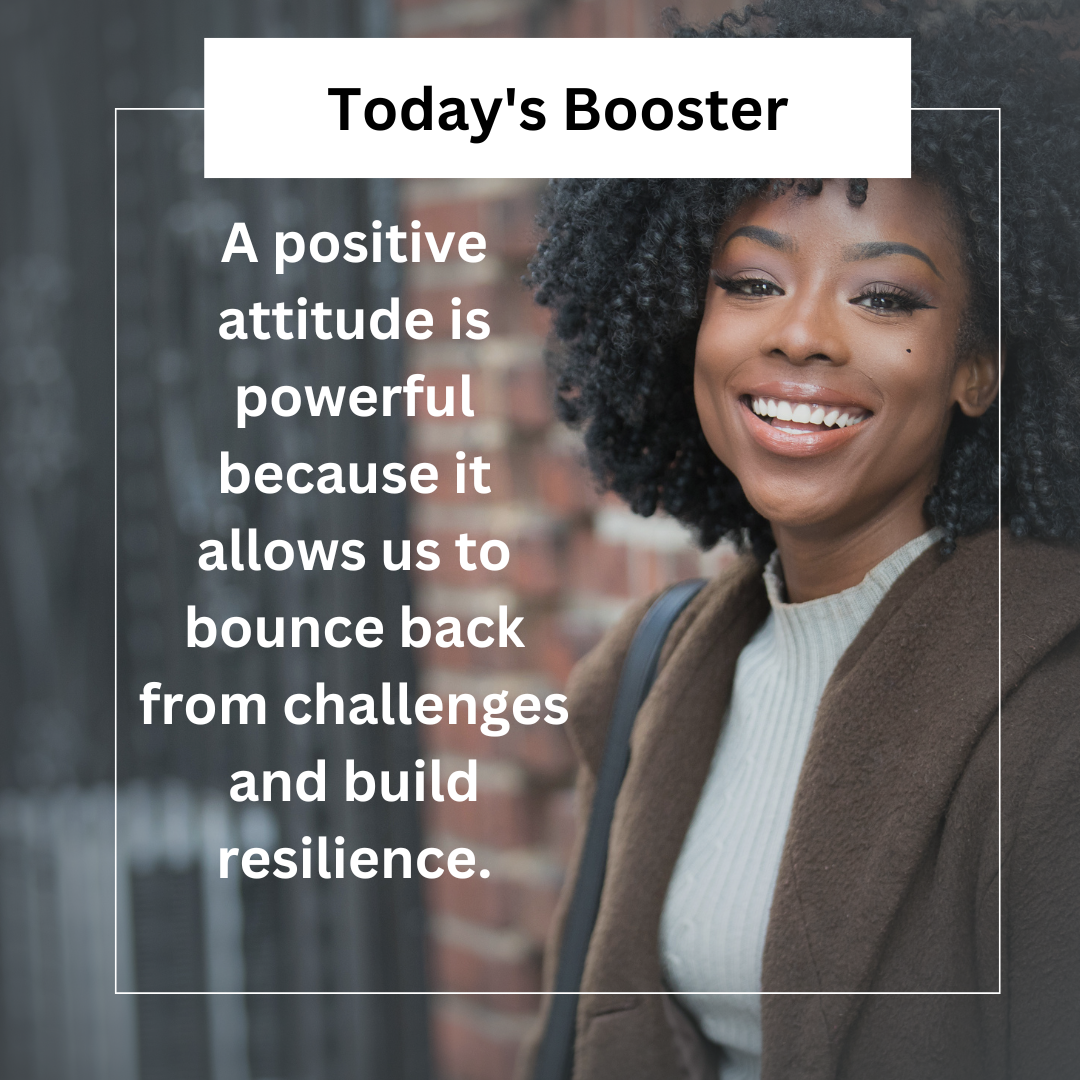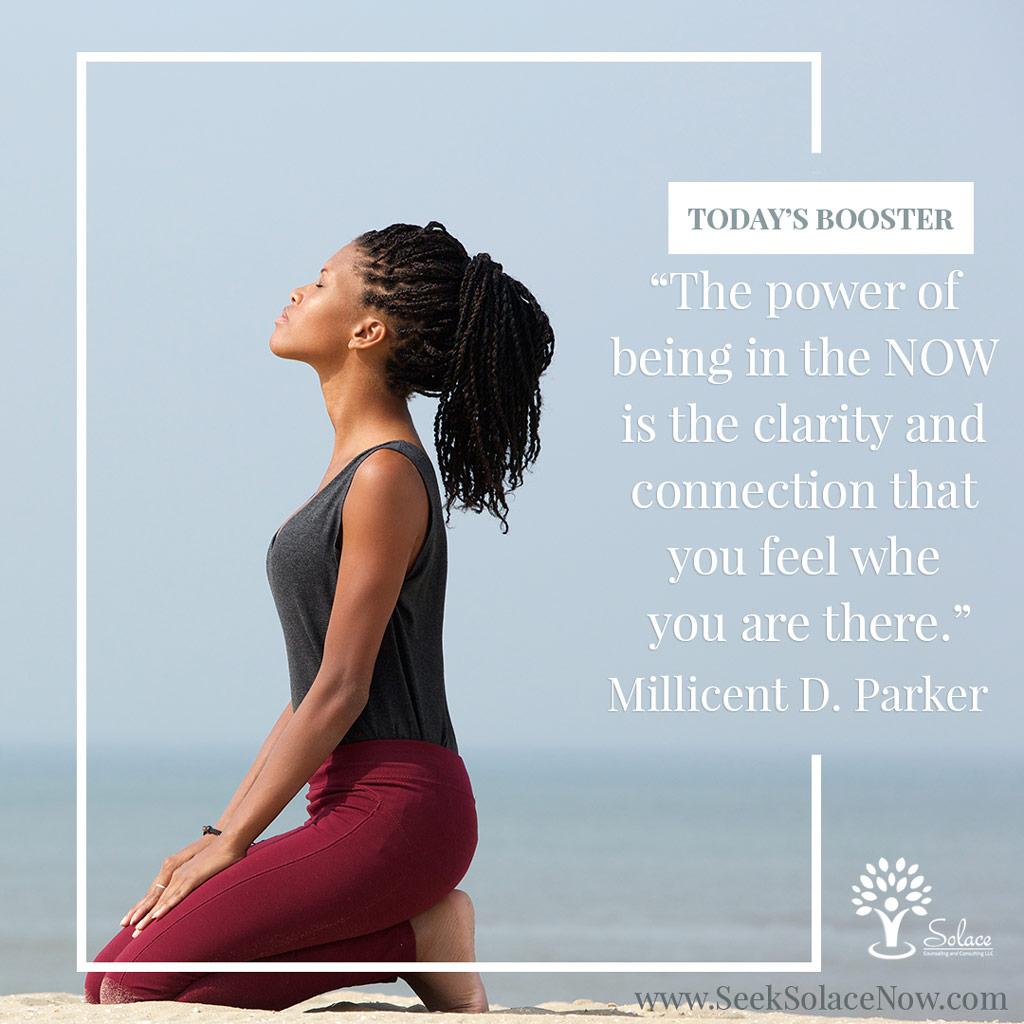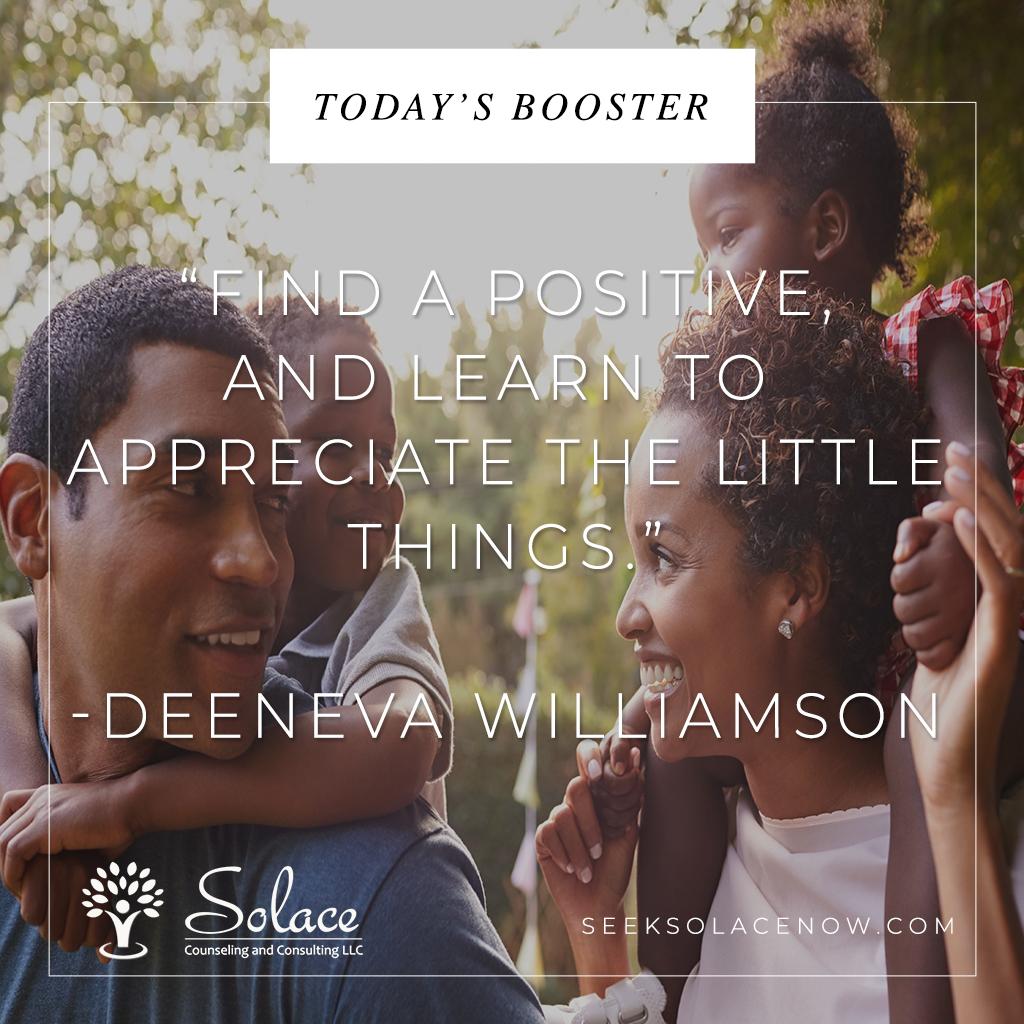Call Us
470.701.6793
Building a Positive Mindset- Cultivating Optimism

Due to all our challenges, practicing building a positive mindset in today’s world is essential. A positive attitude is powerful because it allows us to bounce back from challenges and build resilience. Cultivating optimism focuses on seeing the glass half full rather than half empty to focus on the brighter things in life. The benefits of developing optimism are endless because it encourages you to have hope in difficult times. In this blog, we can explore the benefits of cultivating optimism and how to do so.
- All about perspective
Cultivating optimism allows us to look at negative situations and find the good in them. Getting caught up in one perspective is easy, but evaluating things with a broader outlook allows us to gain a new perspective. When faced with difficulties and challenges, it is better for our mindset and mental health when we look for an opportunity to grow. An example is when we receive a rejection or a no to an opportunity we were hopeful for. We can build optimism by interpreting NO as an acronym for “new opportunity.” Often in the sense of rejection, it is better to take it as a sign that another path exists for us. In other words, optimism is looking at a situation and realizing that when we face challenges, there is a new opportunity right around the corner. Shifting our perspective allows us to have a better outlook on the current moment and the future.
2. Practicing gratitude
An essential tool for cultivating optimism is my first practicing gratitude. When we practice gratitude, then the challenges of everyday life are less intimidating. Gratitude involves taking time to acknowledge what you’re grateful for. This is useful for cultivating optimism because, in tough times, it allows us to return to what gives us hope or keeps us happy. Many people practice gratitude by keeping a gratitude journal and recording the positive aspect of their life. It allows us to gain a new sense of hope and optimism for the future.
3.Be honest about your feelings.
The first and most important step in cultivating optimism is understanding that it is okay to experience difficult emotions in difficult times. Feeling frustrated, sad, mad, or upset is normal when things don’t go as planned. Cultivating optimism is not a way to get rid of these emotions but is a way to cope with them. When you can first acknowledge your other feelings, creating a space of optimism becomes easier. Acknowledging our original feelings helps us be specific and have a more positive mindset. Being general makes it harder to know exactly what we need to be optimistic about, so sitting with our original feelings helps us to know which direction to move in to be more positive.
4.Be kind to yourself.
Being optimistic is not just about finding hope for the future. It’s also about treating yourself kindly. Reaffirming hope within ourselves makes gaining hope in everyday life more manageable, and being kind to yourself can be accomplished in numerous ways. One way to do so is by practicing affirmations. Affirmations are a way to practice self-empowerment and are often said in the format using I am statements. They help people have a more positive outlook on themselves, constantly creating a more positive mindset. Being kind to yourself allows you to find internal encouragement during tough times.
Cultivating optimism allows us to lead a more fulfilling life and often leads to a better sense of wellness. Taking time to look at life from different perspectives, practicing gratitude, being honest with our feelings, and being kind to ourselves allows us to work towards optimism. Being optimistic is something that we learn over time, and that takes practice. Being optimistic in smaller situations will eventually pay off, leading to optimism being an everyday aspect of your life.
Additional Research:
Optimism:Why it’s helpful to hope by Groov
Disclaimer
The information contained in blog posts do not necessarily reflect the views of the Solace Counseling and Consulting LLC. This blog is the opinion of an individual and is not to be construed as professional advice, psychological diagnosis or a professional relationship between the reader and the writer. Blogs are intended only to be used by consumers in search of general interest information pertaining to mental health, relationships, counseling and related topics. Content on this website is not intended to replace or serve as substitute for professional consultation or service. If you require help with mental health issues please contact a licensed therapist or psychiatrist in your area. If you are experiencing an emergency, head to your nearest emergency room or call 911. The posts on this website are copyright of Solace Counseling and Consulting LLC and their writers (unless otherwise sourced). They can be re-blogged or re-posted on social media but cannot be reproduced or uploaded without permission.



